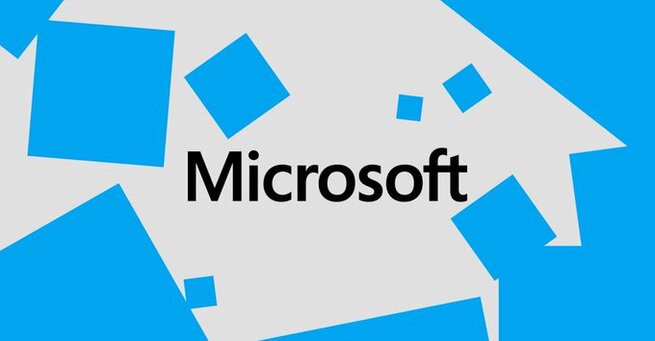
Microsoft employee protests have gained widespread attention after two workers were fired for occupying company president Brad Smith’s office. The employees, both software engineers, participated in a sit-in that was part of a larger demonstration urging the tech giant to cut ties with certain government contracts. This incident has sparked discussions about workplace activism, employee rights, and the boundaries of corporate responsibility. With employee protests becoming more visible across the tech industry, the case raises important questions about how companies handle dissent from within.
Why Microsoft Employee Protests Happened
The protests were driven by concerns over the company’s involvement in controversial government agreements. Employees argued that their voices should be heard when it comes to decisions that may conflict with ethical values. By entering an executive office and staging a sit-in, the protesters aimed to draw attention to their cause and push leadership to respond. While protests have long been a tool for workers to express dissatisfaction, the visibility of this particular action highlighted growing tensions between employees and corporate decision-makers.
Consequences Of Microsoft Employee Protests
The decision to fire two of the protesters demonstrates how companies often prioritize security and corporate order over employee activism. While the protesters framed their actions as a stand for ethics, Microsoft viewed the occupation of an executive office as a violation of workplace conduct. The arrests and subsequent terminations have raised debates on whether the response was proportionate or overly harsh. For employees, the consequences highlight the risks of engaging in direct action at the workplace, particularly in large corporations.
Impact Of Microsoft Employee Protests On Workplace Culture
This incident reflects broader changes in workplace culture where employees expect companies to uphold certain ethical standards. Microsoft employee protests reveal that workers are no longer content with silently disagreeing—they are willing to risk their positions to advocate for change. At the same time, companies must balance freedom of expression with operational security. As workplace activism continues to rise, this event could influence how corporations create policies around internal dissent, protests, and ethical accountability in the future.
𝗦𝗲𝗺𝗮𝘀𝗼𝗰𝗶𝗮𝗹 𝗶𝘀 𝘄𝗵𝗲𝗿𝗲 𝗿𝗲𝗮𝗹 𝗽𝗲𝗼𝗽𝗹𝗲 𝗰𝗼𝗻𝗻𝗲𝗰𝘁, 𝗴𝗿𝗼𝘄, 𝗮𝗻𝗱 𝗯𝗲𝗹𝗼𝗻𝗴. We’re more than just a social platform — from jobs and blogs to events and daily chats, we bring people and ideas together in one simple, meaningful space.